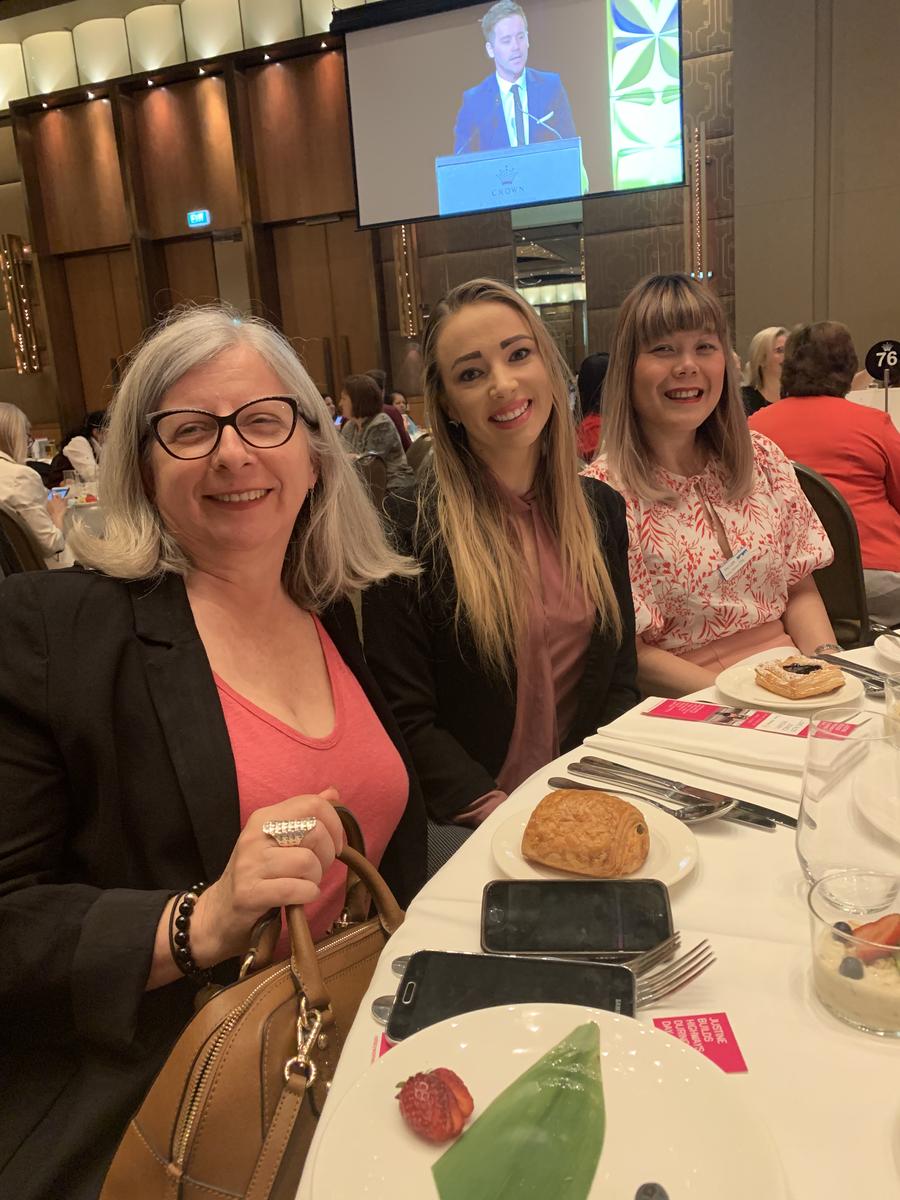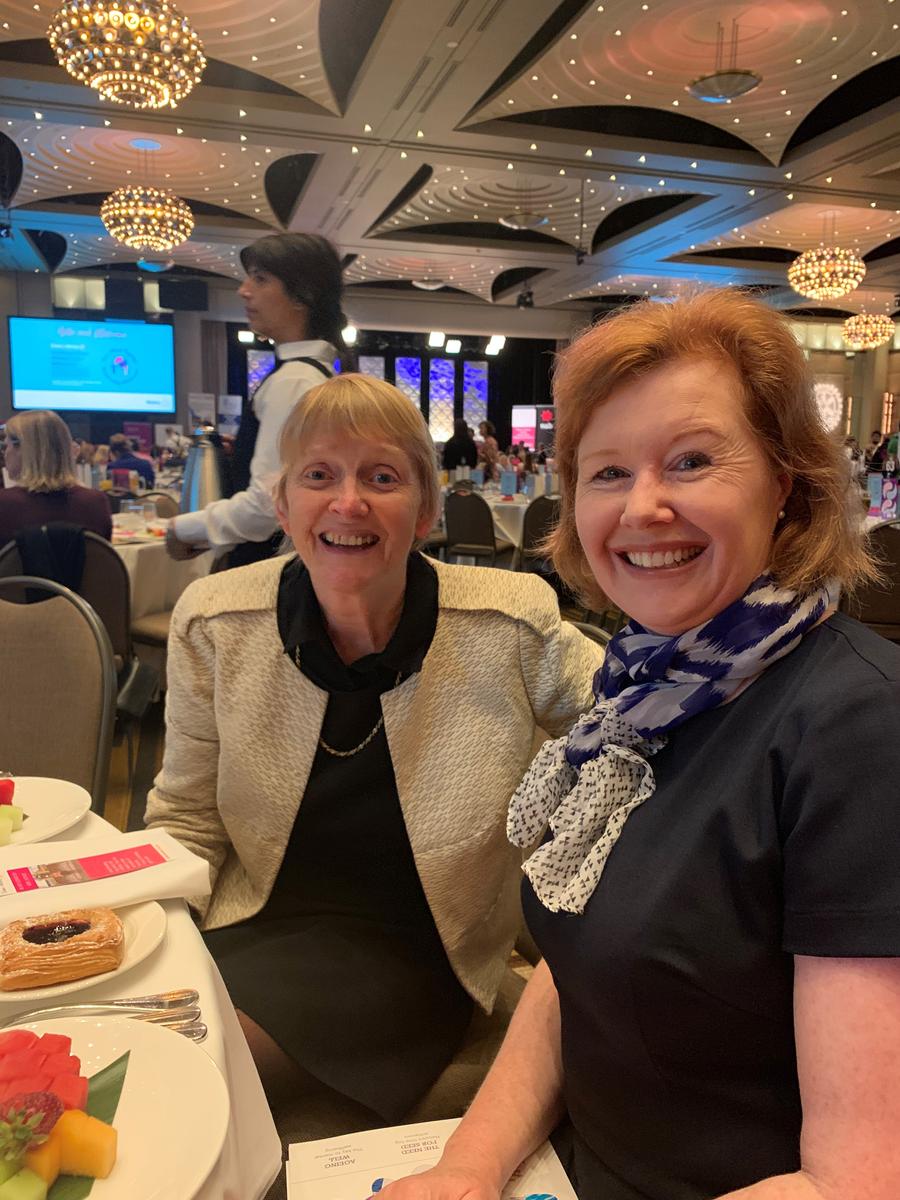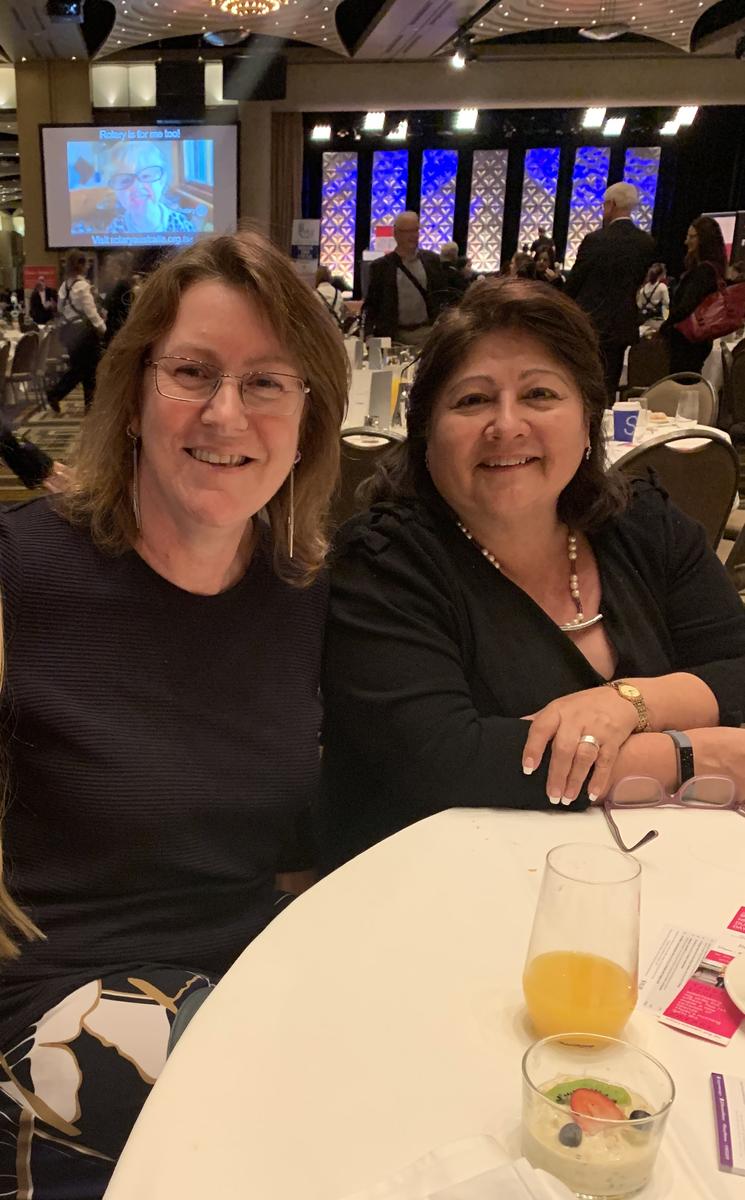CEO'S Report

International Women’s Day (IWD) 2019 & ‘Don’t Ask Women Leaders to Act Like Men’
Recently the LLEN had the pleasure of hosting the wonderful women who support our work through our board, our Structured Workplace Learning program and through the Disengaged Learners initiative to attend the Women in Rotary IWD Breakfast. This event coincided with an article written by Professor Frances Separovic from the University of Melbourne where she explores the principle that diversity in the workplace is about accepting the differences in people and not making women (and therefore our female students and young people) - act like men. Women lead differently, they bring a different style. In the same way young people from diverse cultural backgrounds bring a wealth of insight and skills and can elucidate a different point of view, we are all better off when we encourage our young female students to find their leadership 'mojo' in their own way.
Reading the article reminded me of my first day, of my first teaching round during my teacher training. My supervising teacher was 40ish and held an imposing manner. ‘Just be like me’ was her advice to my young self. Well I thought about this all that day and all that night, I thought about how I was going to be like her all the next day as I observed all her classes and realised then as I know now, we have to find our leadership style within ourselves. We have to be ourselves to be authentic, women are not men, it’s not helpful for girls and women to feel obliged to adopt more masculine qualities to get ahead or simply copy how someone else acts.
At the IWD function guests heard from a panel that included Catherine Fox, author and journalist, Dr Emma Burrows, Senior Research Fellow of the Florey Institute, Fiona Patten, Leader of the Reason Party, Kristen Hilton the Victorian Human Rights and Equal Opportunity Commissioner and Rob Hulls – ex Victorian Attorney General and current Director of RMIT’s Centre for Innovative Justice. The panel discussed a range of thought provoking issues impacting women in today’s labour market.
To read the Professors article, click here



